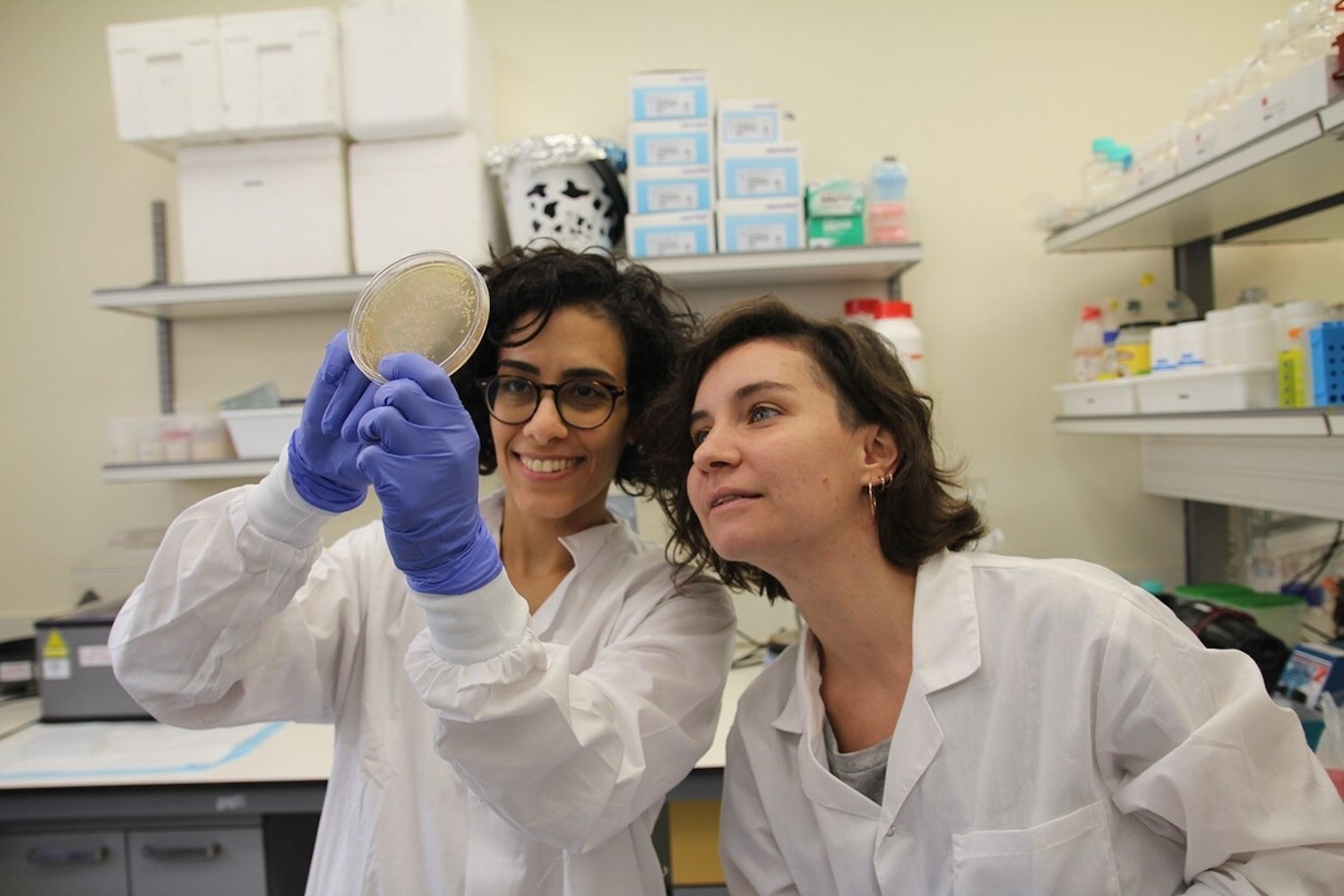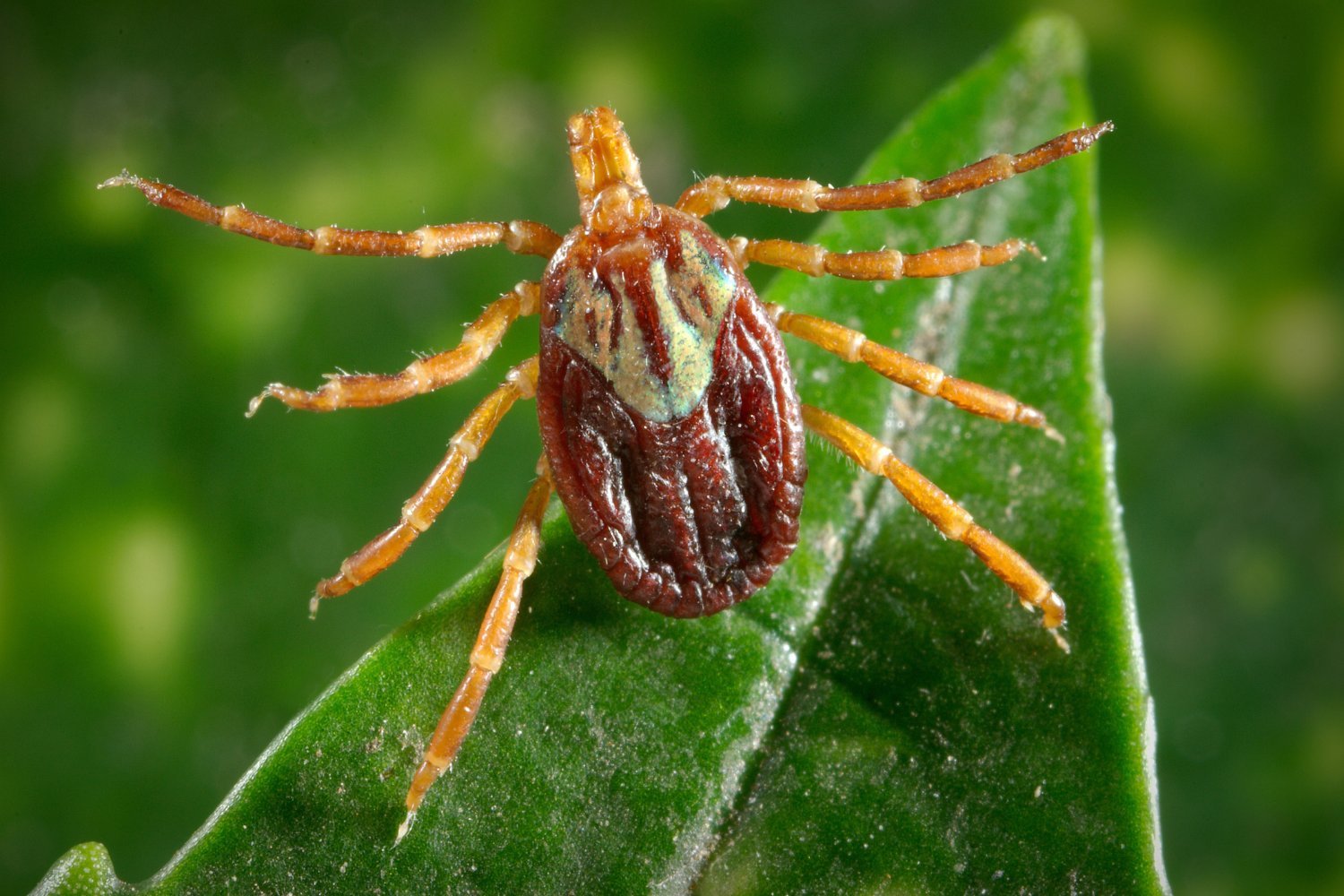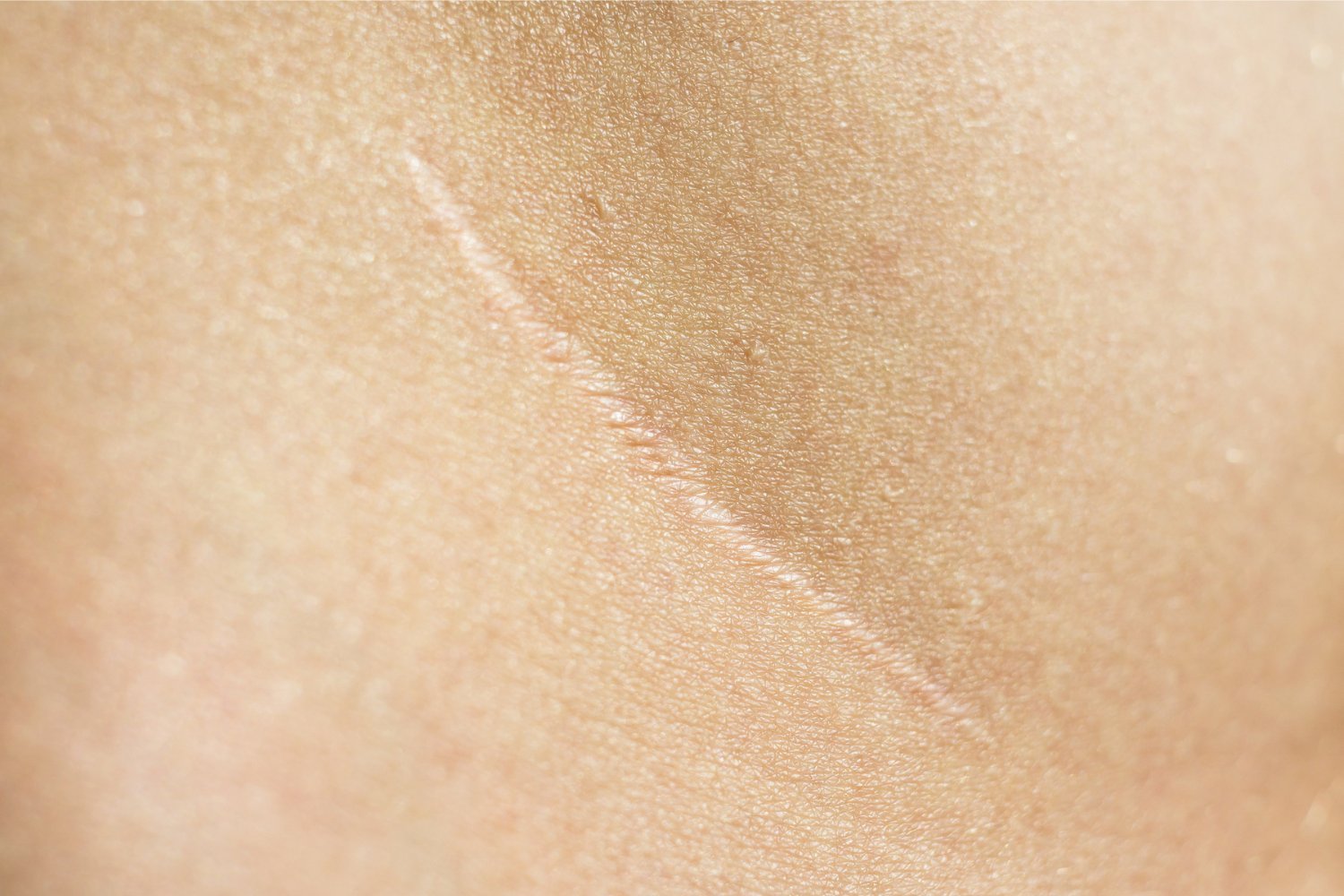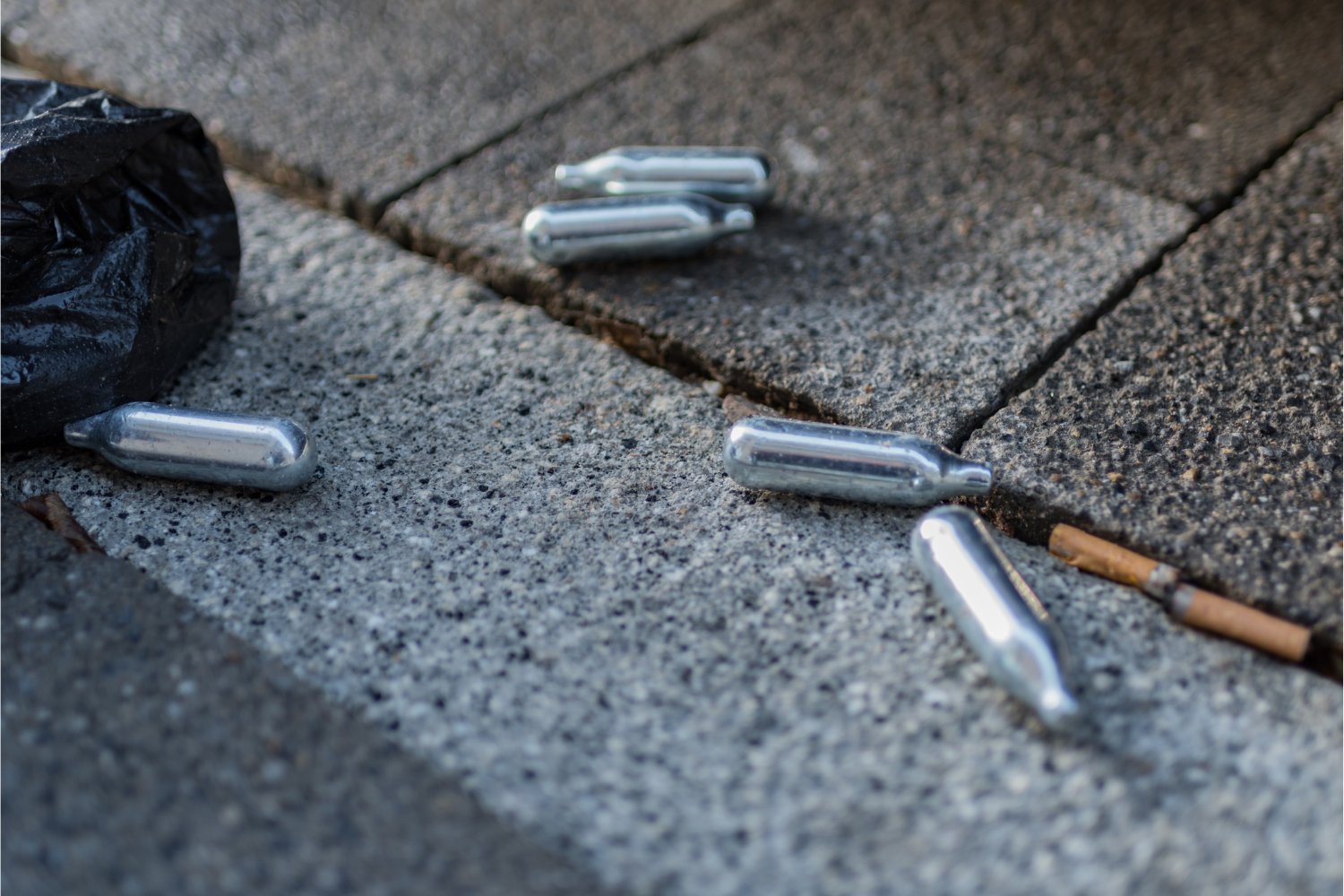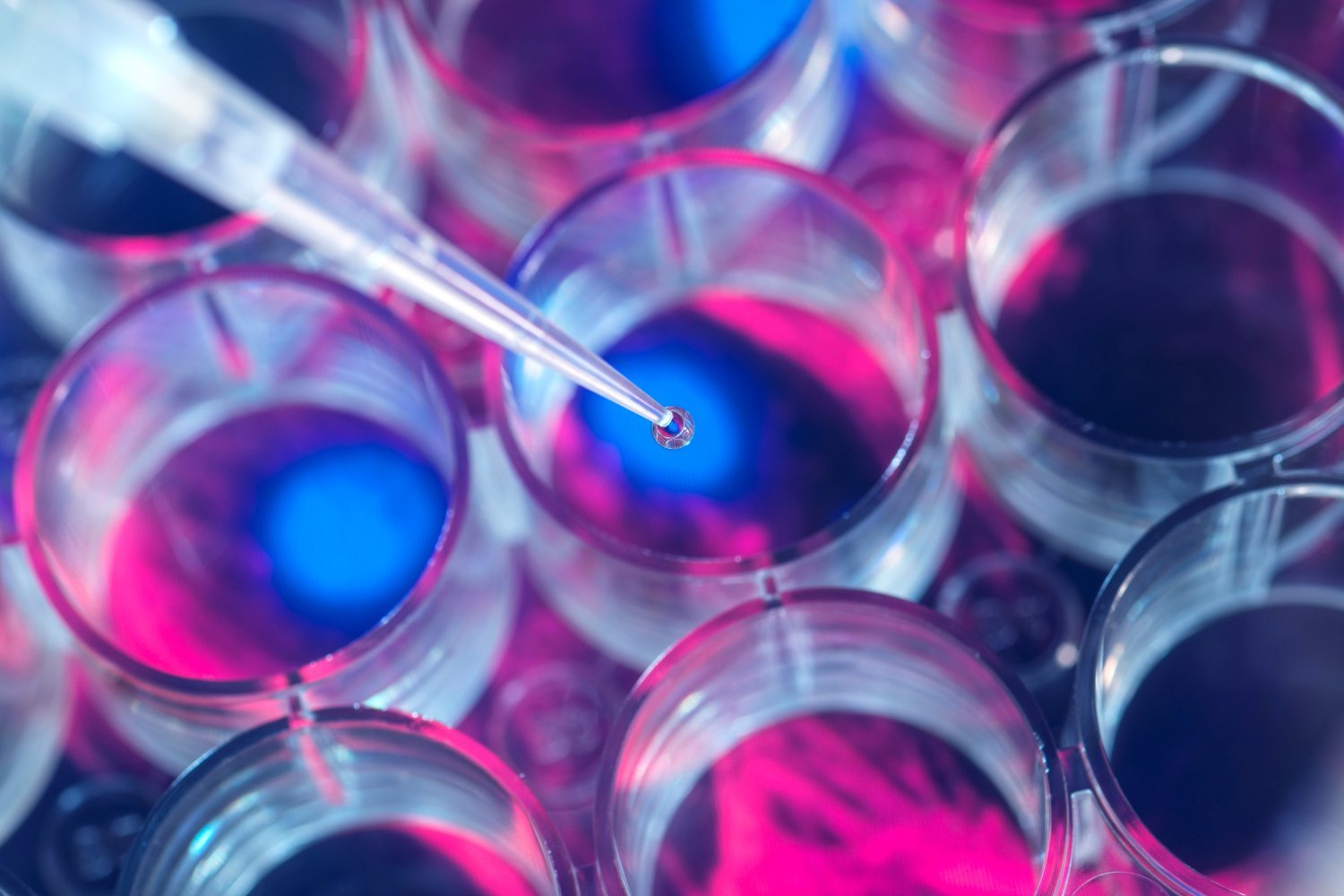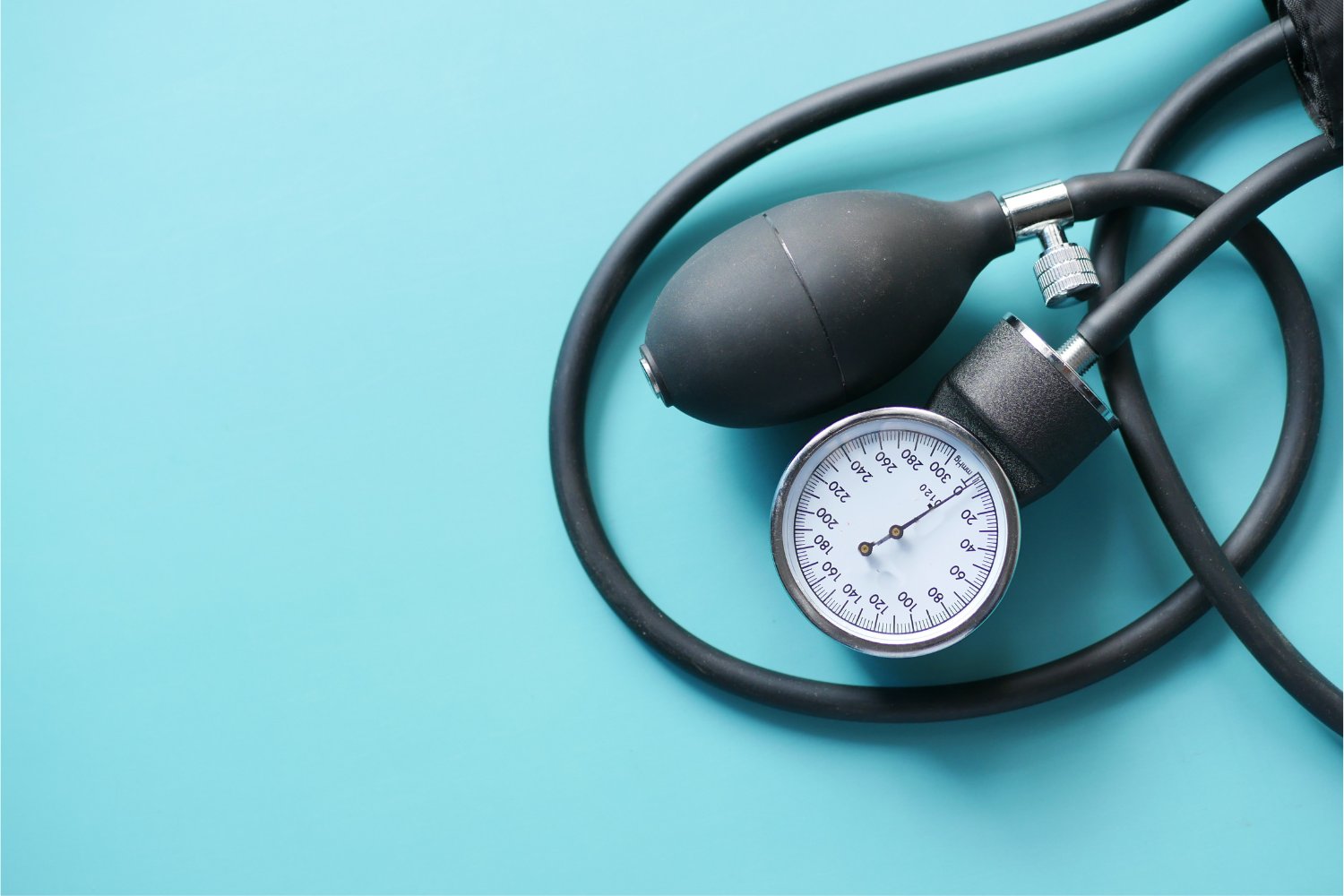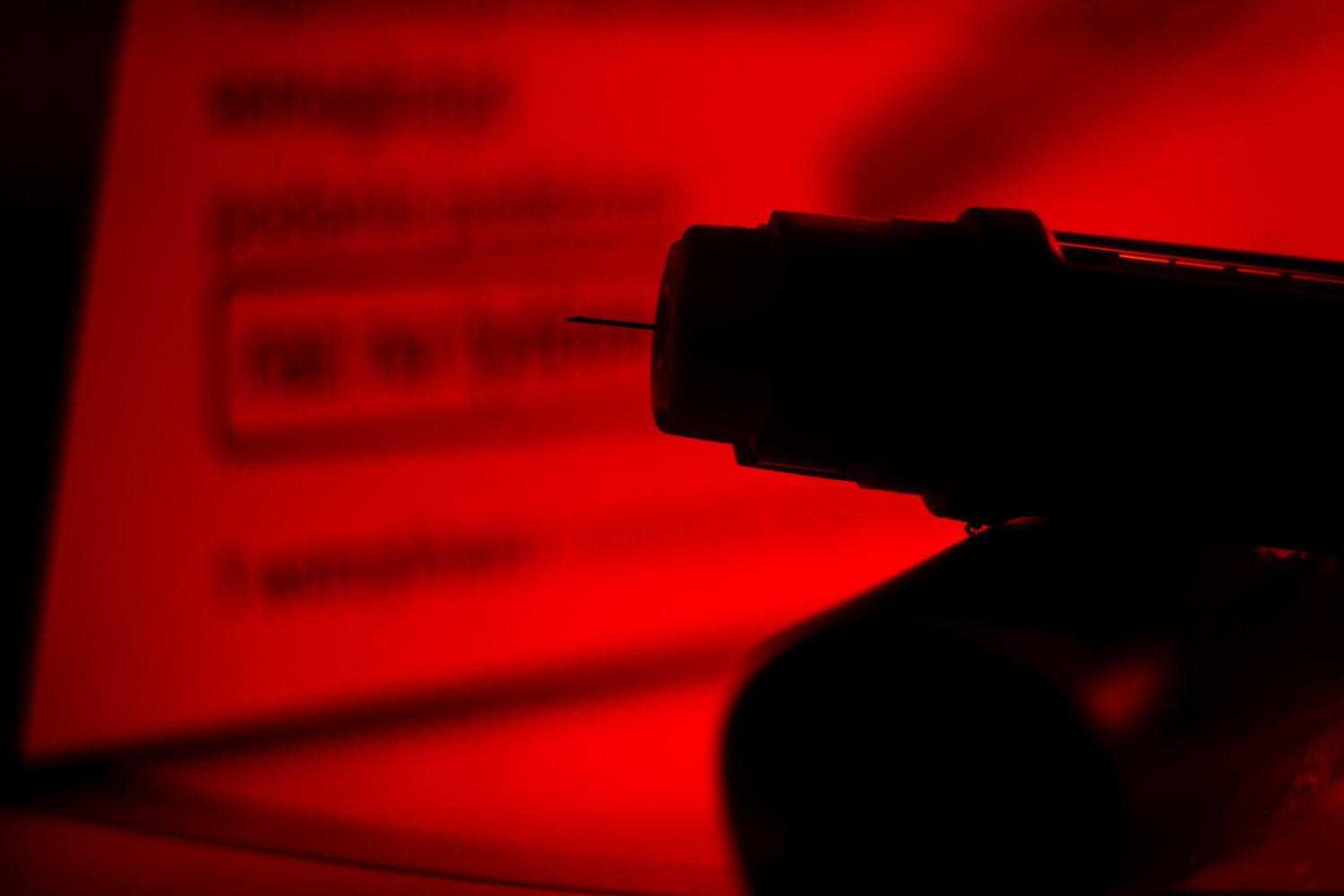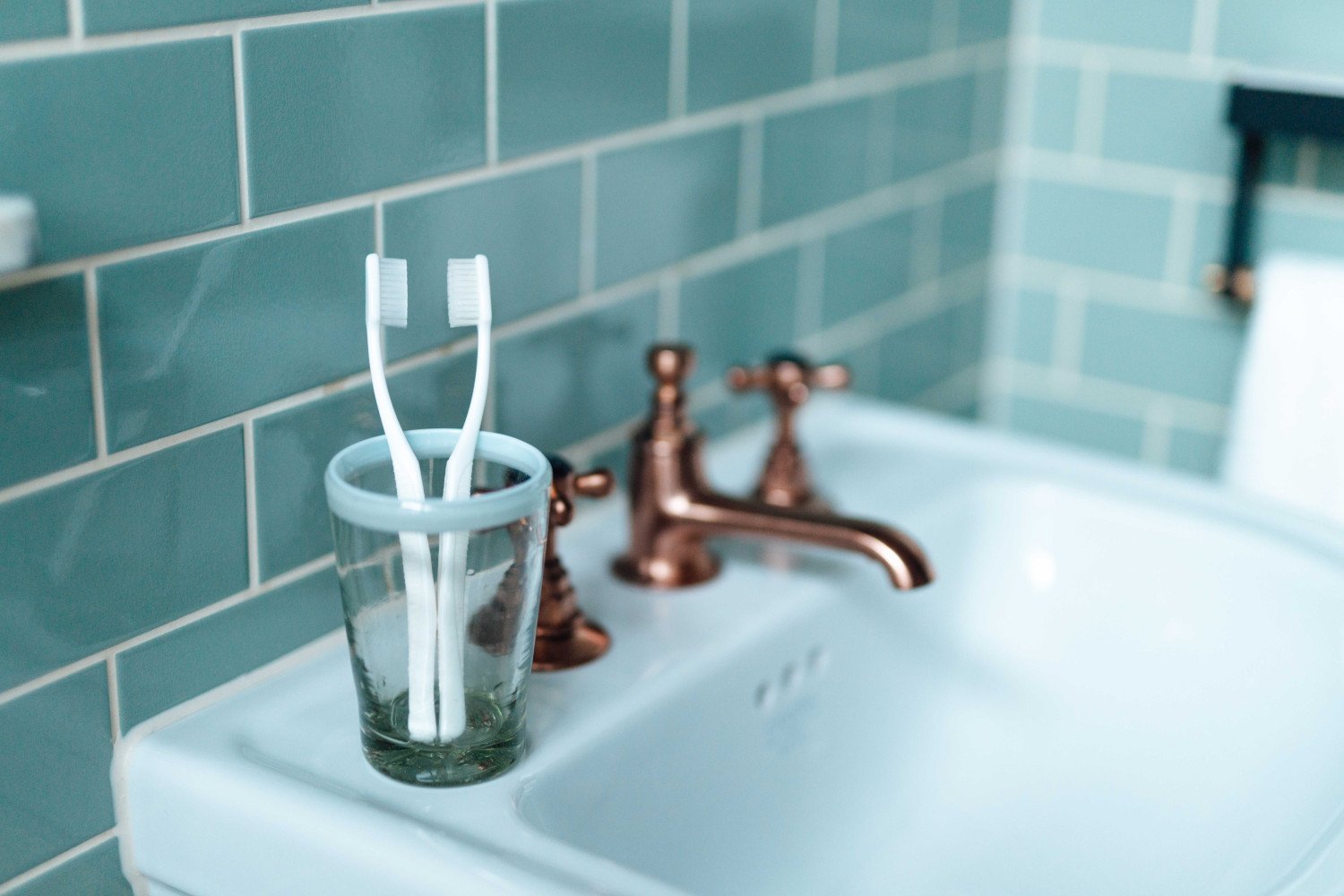DairyX, an Israeli company, claims to be on the cusp of a breakthrough in sustainable food: producing cow-free cheese that boasts the same stretchiness as traditional dairy cheese. This innovation utilizes fermented yeast to create casein proteins, the key component responsible for the elasticity of dairy products.
Plant-based cheese alternatives have struggled to replicate the texture and stretch of traditional cheese, a key characteristic particularly noticeable in dishes like pizza. While some companies experiment with plant-based blends and additives, DairyX has taken a different approach. They aim to mass-produce the essential dairy components, casein proteins, without involving cows. As DairyX founder and CEO Arik Ryvkin told the Guardian, “People have been trying to take the cow out of making dairy since the late 1970s… We now bring the last step in that line of evolution… helping dairy companies make the exact products consumers desire while helping cows live happier lives.”
The Science Behind Stretchy Vegan Cheese
DairyX’s innovation hinges on precisely fermented yeast strains that produce casein proteins functionally identical to those found in cow’s milk. Crucially, they’ve developed a method for these proteins to self-assemble into micelles, the spherical structures that give cheese its characteristic stretch. This process has been validated by successfully coagulating their casein using traditional dairy methods.
DairyX’s Milestones and Future Plans
In a press release, DairyX highlighted several key achievements. Beyond engineering yeast to produce functional caseins, the company leveraged machine learning and a rapid screening process to identify high-protein yeast strains and optimize fermentation. They also successfully created a gel from reconstituted casein micelles, accelerating the development of functional micelles for food applications. DairyX is not alone in this pursuit; several companies are exploring cow-free casein and dairy production through precision fermentation and other innovative techniques. While DairyX awaits regulatory approval and hasn’t yet conducted taste tests, they believe their micelle-assembly method offers a competitive advantage. They envision supplying dried casein micelles to cheese, yogurt, and other dairy producers, enabling them to create more sustainable products with minimal changes to existing manufacturing processes. The company aims to scale up operations and secure regulatory approval for public availability by 2027.
The Future of Sustainable Dairy?
The success of these endeavors remains to be seen. However, given the urgent need to reduce greenhouse gas emissions, to which dairy cows significantly contribute, the development of sustainable cheese and other dairy alternatives represents a crucial step forward.



